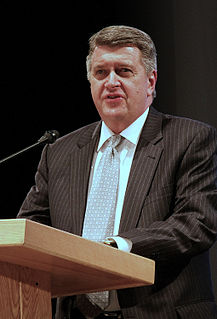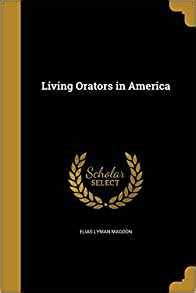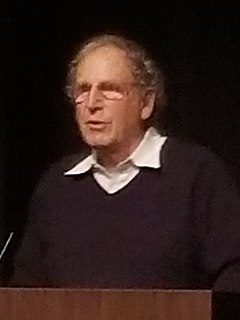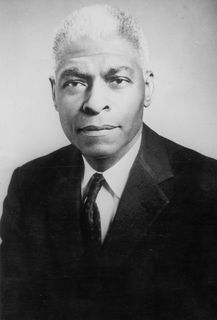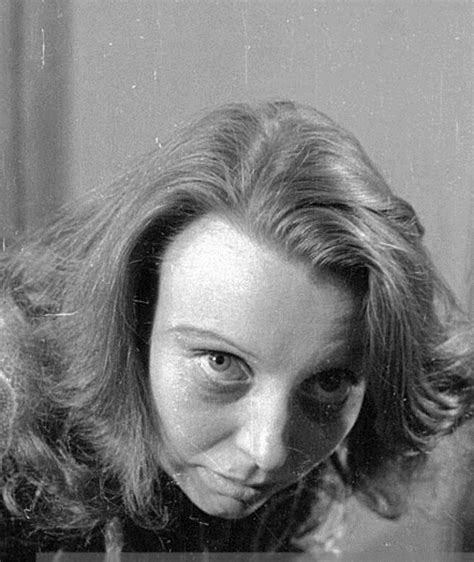A Quote by Brent L. Top
We must remember that much spiritual growth does not occur suddenly but rather through time and experience. The encouraging message of the gospel is that God does not often require us to perform sensational or extraordinary deeds but rather to try to do better today than we did yesterday. He is mindful of our desires, our determination, and our direction as well as of our deeds.
Related Quotes
Like Muslims we assume that God will judge us "on balance." If our good deeds outweigh our bad deeds, we will arrive safely in heaven. But, alas, if our evil deeds outweigh our good ones, we will suffer the wrath of God in hell. We may be "marred" by sin but in no wise devastated by it. We still have the ability to balance our sins with our own righteousness. This is the most monstrous lie of all.
Rather, it is the opening or the interruption that allows us to experience what is hidden, and to accept with our hearts our given situation. When film does this, when it subverts our absorption in the temporal and reveals the depths of our own reality, it opens us to a fuller sense of ourselves and our world. It is alive as a devotional form.
My third maxim was to try always to conquer myself rather than fortune, and to change my desires rather than the order of the world, and generally to accustom myself to believing that there is nothing entirely in our power except our thoughts, so that after we have done our best regarding things external to us, everything in which we do not succeed is for us absolutely impossible.
If economic catastrophe does come, will it be a time that draws Christians together to share every resource we have, or will it drive us apart to hide in our own basements or mountain retreats, guarding at gunpoint our private stores from others? If we faithfully use our assets for his kingdom now, rather than hoarding them, can't we trust our faithful God to provide for us then?
